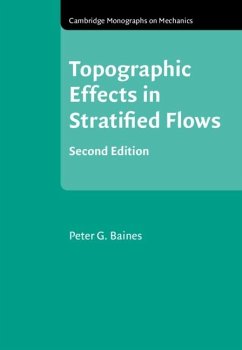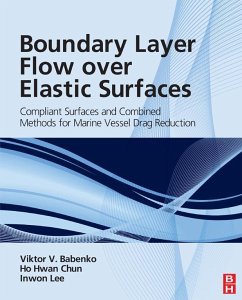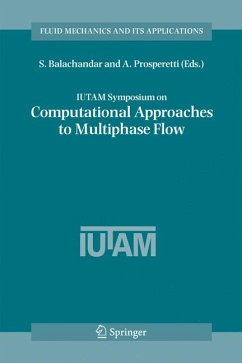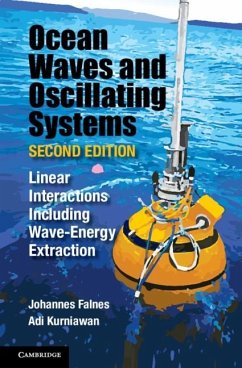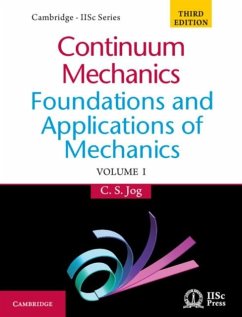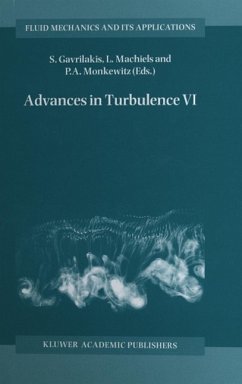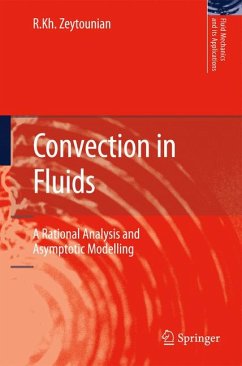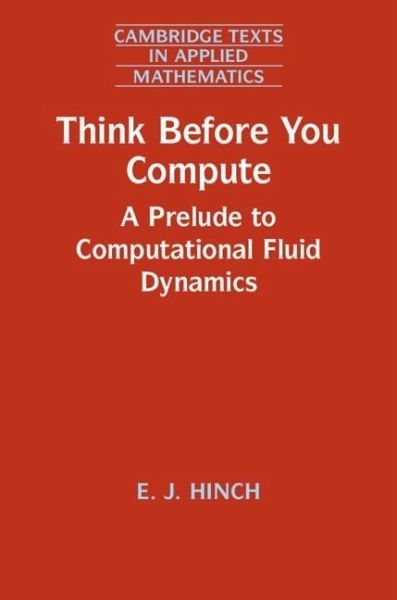
Think Before You Compute (eBook, PDF)
A Prelude to Computational Fluid Dynamics

PAYBACK Punkte
12 °P sammeln!
Every fluid dynamicist will at some point need to use computation. Thinking about the physics, constraints and the requirements early on will be rewarded with benefits in time, effort, accuracy and expense. How these benefits can be realised is illustrated in this guide for would-be researchers and beginning graduate students to some of the standard methods and common pitfalls of computational fluid mechanics. Based on a lecture course that the author has developed over twenty years, the text is split into three parts. The quick introduction enables students to solve numerically a basic nonlin...
Every fluid dynamicist will at some point need to use computation. Thinking about the physics, constraints and the requirements early on will be rewarded with benefits in time, effort, accuracy and expense. How these benefits can be realised is illustrated in this guide for would-be researchers and beginning graduate students to some of the standard methods and common pitfalls of computational fluid mechanics. Based on a lecture course that the author has developed over twenty years, the text is split into three parts. The quick introduction enables students to solve numerically a basic nonlinear problem by a simple method in just three hours. The follow-up part expands on all the key essentials, including discretisation (finite differences, finite elements and spectral methods), time-stepping and linear algebra. The final part is a selection of optional advanced topics, including hyperbolic equations, the representation of surfaces, the boundary integral method, the multigrid method, domain decomposition, the fast multipole method, particle methods and wavelets.
Dieser Download kann aus rechtlichen Gründen nur mit Rechnungsadresse in A, B, BG, CY, CZ, D, DK, EW, E, FIN, F, GR, HR, H, IRL, I, LT, L, LR, M, NL, PL, P, R, S, SLO, SK ausgeliefert werden.




